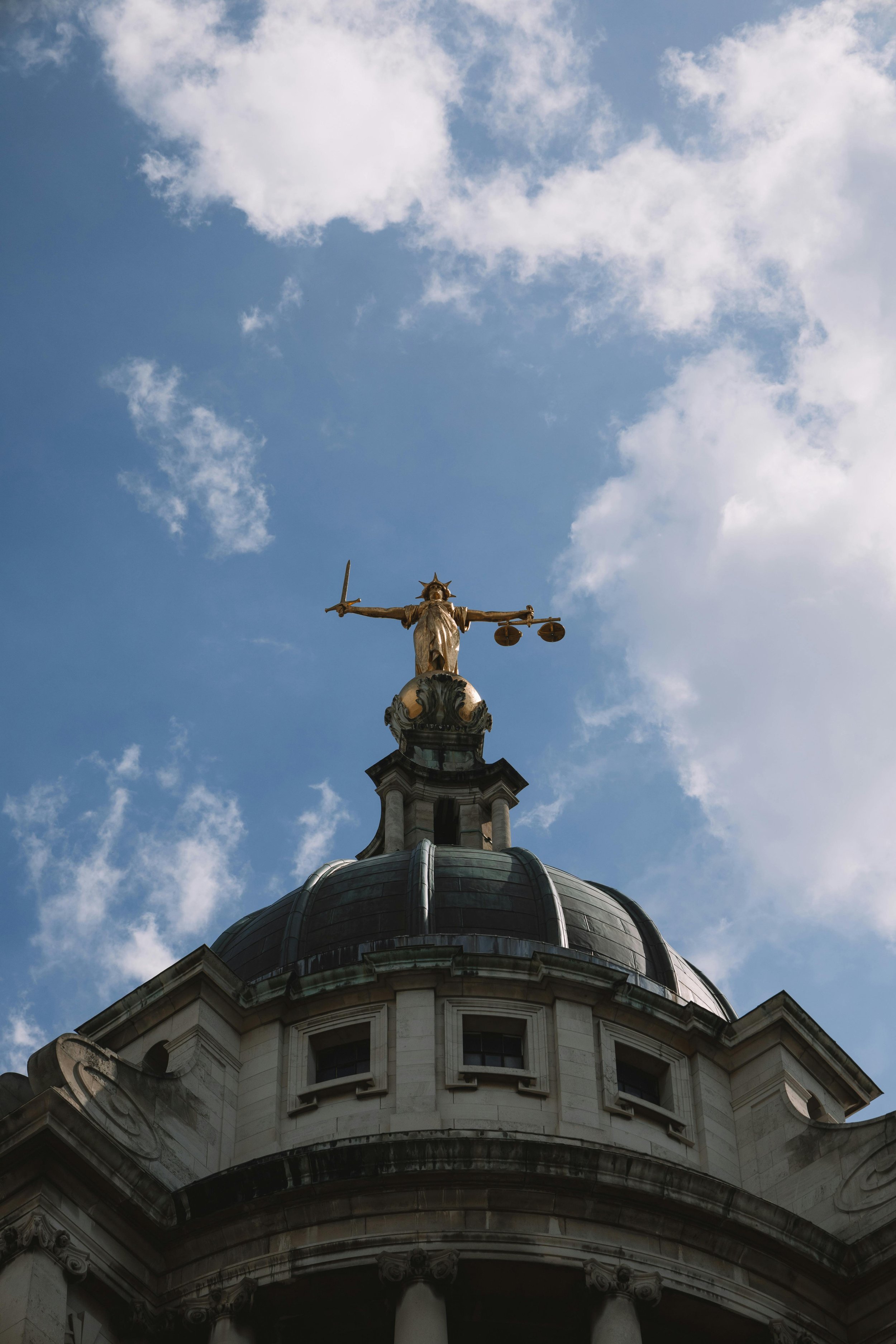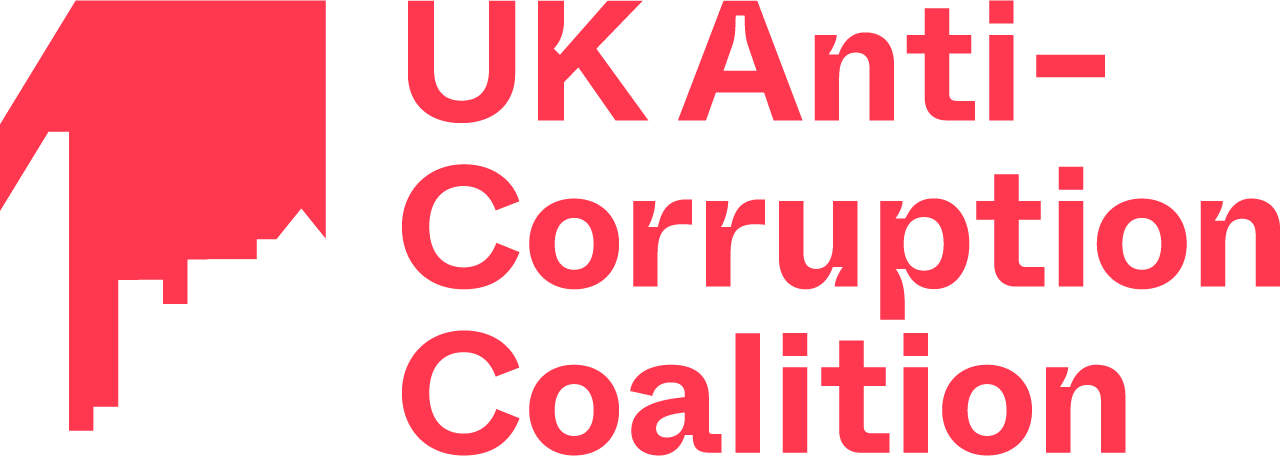
Hit criminals and kleptocrats where it hurts

We live in an increasingly dangerous world, in which hostile states and terrorist organisations - financially supported through corrupt means - hold ever greater influence. Russia is a prime example of how this situation undermines global stability and democracy, but there are countless others using the same playbook in every corner of the world.
Sanctions have been used to advance a range of foreign policy goals. These include counterterrorism, nonproliferation, democracy and human rights promotion, conflict resolution, and cybersecurity.
The UK Global Anti-Corruption Sanctions Regulations were introduced in 2021 too. These authorise the use of financial and immigration sanctions against individuals and entities involved in serious corruption.
When used effectively, they’re a vital tool to deter human rights abuses, conflict, and corruption, by imposing things such as asset freezes and travel bans. They should also help raise global standards, apply diplomatic pressure, and encourage other governments to develop similar policies towards corrupt individuals, businesses, and their enablers.
These sanctions must also target and disrupt the financial support networks of corrupt actors, and change the behaviour of those who enable kleptocrats to loot public funds and enjoy their ill-gotten gains abroad. One of the more famous UK examples is Roman Abramovich, former Chelsea FC owner, who has many alleged links to Vladmir Putin.
There must be no impunity for people who commit and enable egregious acts of corruption (and worse) around the world. So, in a complex battle against extremely resourceful individuals, we now need to be more ambitious in how we deploy our anti-corruption sanctions and other relevant regimes.
The government should now:
-
Develop an improved policy outlining how it will use its sanctions regimes to tackle illicit finance and kleptocracy. Especially how it will tackle ‘enablers’ of economic crime and how it will ensure robust enforcement when sanctions are breached.
-
Ensure that the Sanctions and Anti-Money Laundering Act (SAMLA) has adequate provisions for tackling ‘enablers’, and fully reflects kleptocracy in its definitions of corruption.
-
Strengthen legal and designation capacity in the Foreign, Commonwealth and Development Office (FCDO) sanctions team and work closely with diplomats to identify high value enablers and kleptocrats to target.
